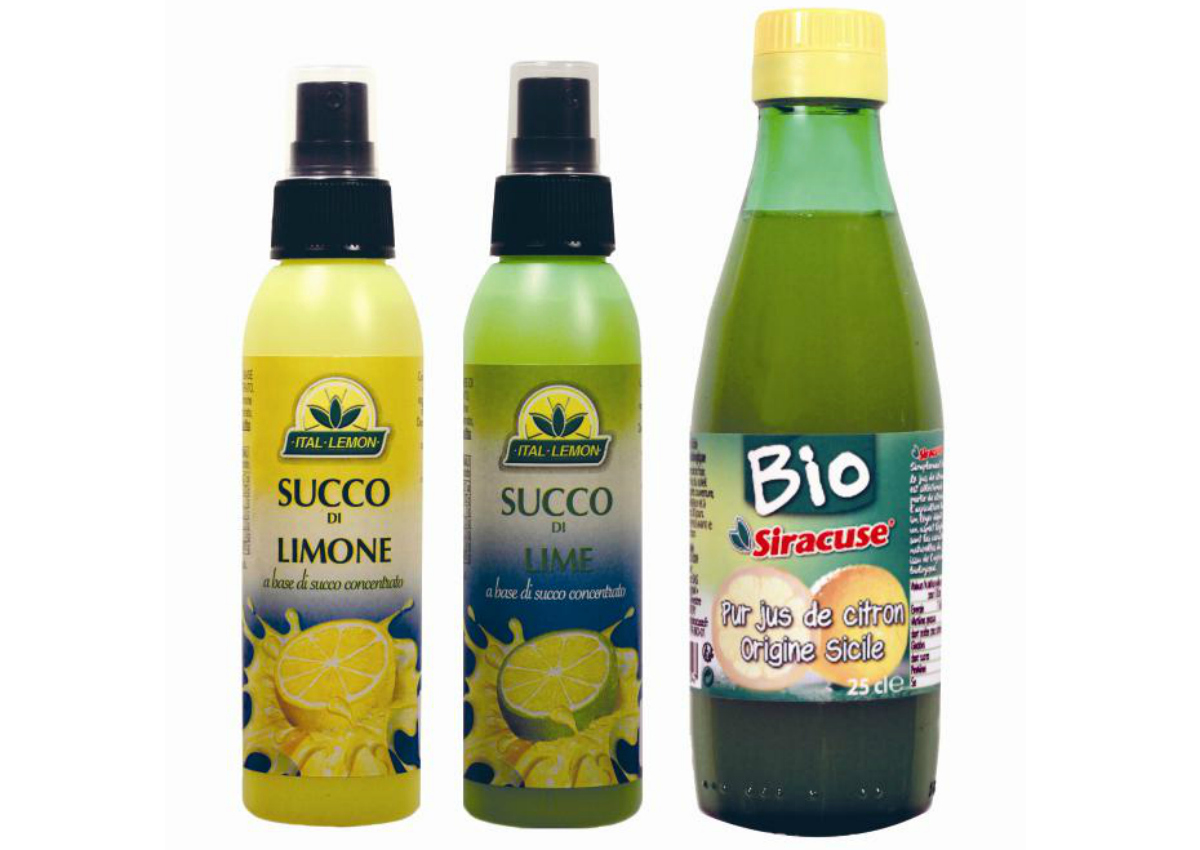
Ital Lemon, a privately-owned company which has been operating since 1975 in the production and packaging of lemon juice, lime juice and seasoned condiments, has adopted a new corporate philosophy. From a product-oriented company to a marketing-oriented company, namely a business focused on discovering and meeting the needs and desires of its customers through its product mix. As far as exports are concerned – the company states – our main goal is to develop and strengthen international markets through direct partnerships within protected channels – retail, Ho. Re. Ca., and C&C in Europe – and through importers in the rest of the world. In this way, we strengthen the trust with private labels. We are not planning to remain product-oriented. On the contrary, we intend to distribute products which could help sales grow, since the set of problems that affects markets today has evolved. We need to grow and become marketing oriented. This vision boosts research and development, because it’s only by being aware of the needs and the developments of the market that we can bring about product innovation, as well as technological innovation. An example of that is the spray format we launched in 2016, which was presented at PLMA and Anuga. What are the advantages of a spray? Spreading aroma with zero waste.
The company in figures
Ital Lemon’s sales volume is 8.5 million euro, 80% of which is the international market, while the PL has an impact of about 60 – 65%. Our company exports worldwide, to about 40 countries from North America to the Far East, passing through Israel. 2016’s revenues from abroad have grown by 21%. With Siracuse, we are the market leader in France – the company states.
Focus on organic
Ital Lemon produces and packs over 60 products in different formats, both in low and high-density plastic bottles as well as glass. These are assembled in different kinds of packaging. In addition, ‘pal boxes’ are also used which are specifically designed for promotional campaigns. We have observed the growth of organic products, as well as that of lime juice, which has taken off but hasn’t yet dismantled lemon juice, the company remarks. The presence of organic juice in the market is lower than the conventional quality. We have the possibility of producing 100% organic juices: in that case, we use 250 ml green glass bottles because the products need a process of pasteurization at a temperature over 80°, which plastic could not possibly resist. Products containing 20% juice from organic farming (the rest is citric acid and water) can be packed either in the 250 ml green glass or in the regular 200 ml plastic bottles.
